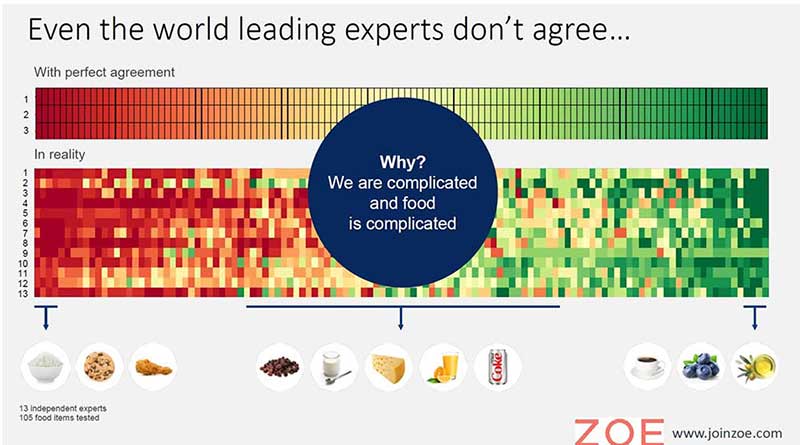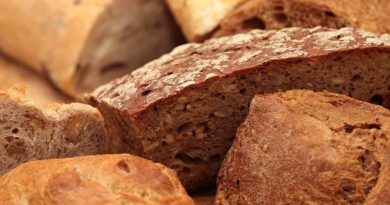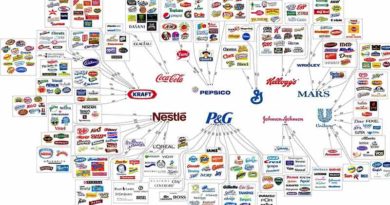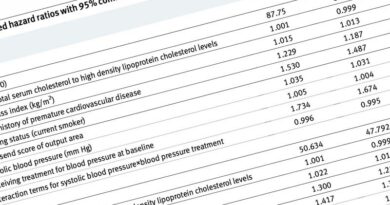What is a healthy food?

Executive Summary
* This week’s note was inspired by the second Swiss Re/BMJ “Food for thought” conference and by an email I recently received. The conference posed the question what is a healthy food? The email pointed me to an article that claimed to have the answer.
* The article listed what were claimed to be the top 100 most nutritious foods. The top 3 were almonds, cherimoya, and Atlantic perch.
* The article was based on a 2015 paper in PLoS ONE, which was the result of a mathematical modelling exercise. Models are only ever as good as their assumptions and the methodology for this paper (undertaken by theoretical physicists) was interesting, to say the least.
* The nutritional judgements underpinning the model were based on the US Dietary Reference Intakes. These included objective requirements for essential nutrients (essential amino acids, essential fatty acids, vitamins, and minerals). However, they also included subjective requirements for non-essential nutrients and restrictions on other nutrients.
* One of the judgements was that omega-6 intake should be 11 times that of omega-3. Another was that fiber should be a minimum of 38g/day, while dietary cholesterol and saturated fat should be “as low as possible.”
* Such judgements inevitably place almonds above liver, whereas judgement of essential nutrients alone would result in the opposite.
* Nutritional science should be able to agree on what is a healthy food. Nutritional judgement is getting in the way.
Introduction
Two years ago this month, I had the privilege of attending the first BMJ/Swiss Re nutrition conference called “Food for Thought: The Science and politics of nutrition” (Ref 1). A follow-up conference was due to take place at the Swiss Re centre in Zurich on June 29th – 30th. As a result of COVID-19, the event was rescheduled to take place on-line. As Dr Fiona Godlee, of the BMJ, shared in her opening remarks – while we miss being together, the on-line conference allowed 2,000 people to ‘attend’ rather than the 200 in 2018.
The opening session was a reflection on learnings from the last conference. The four speakers were presenters at the 2018 conference: Nita Forouhi (Professor of population health and nutrition and leader of the MRC epidemiology unit, Cambridge); Dariush Mozaffarian (Professor of nutrition and medicine, Tufts university); John Schoonbee (Global chief medical officer, Swiss Re); and Tim Spector (Professor of genetic epidemiology, London). There was agreement that we need to focus on whole foods and not individual nutrients, which was encouraging. There was also agreement that food is the foundation of good health (Dariush’s words) and Tim received much support for saying that food education should be part of the curriculum. John summed up what many readers of this note think “avoid sugar and refined carbs, don't fear fat, eat real food.” Nita recalled that the conference room was full of people she wouldn’t normally associate with, which amused me, but that was one of the great powers of the conference. We need to mix more with people who think differently to us, or we will become more entrenched in our own views.
Tim presented a slide, which inspired this week’s note. 13 independent nutrition experts had been asked to rate 105 foods on a scale and you can see the disparity in views in the chart. On the right-hand side of the spectrum, there was much agreement that coffee, blueberries, and olive oil were healthy (I would disagree with olive oil - see note at end as to why). On the left-hand side, there was much agreement that white rice (interesting), cookies and breaded fried chicken were unhealthy. In the middle, there was disagreement over foods such as raisins, yoghurt, cheese, orange juice and diet Coca-Cola. (I would call cheese and yoghurt healthy and the other three unhealthy).
The rest of this article is available to site subscribers, who get access to all articles plus a weekly newsletter.
To continue reading, please login below or sign up for a subscription. Thank you.




